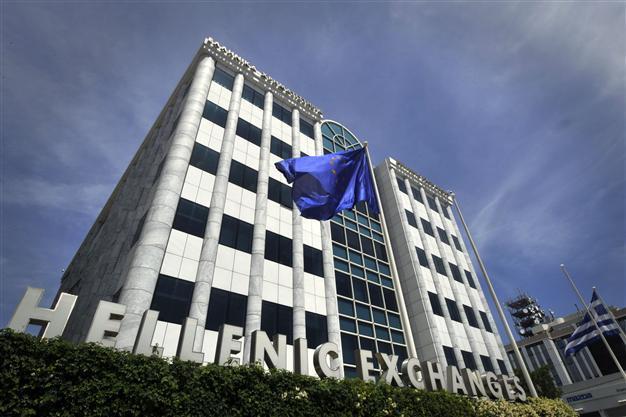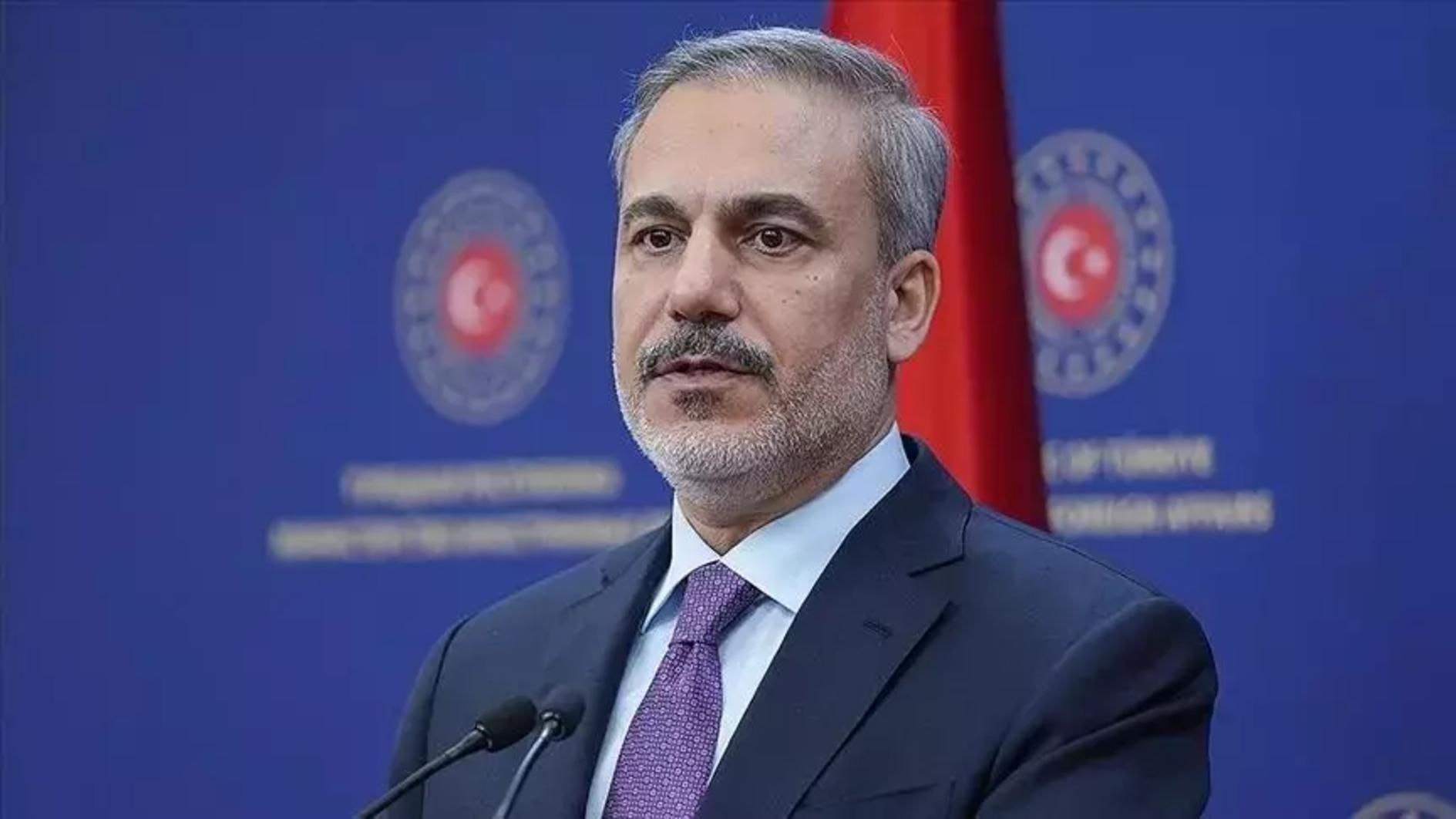Greece at risk of leaving eurozone, says official
ATHENS - Agence France-Presse

AFP photo
Greece could be forced to leave the eurozone if it fails to abide by EU and IMF loan commitments, a government economic advisor warned Wednesday as Athens raised prospects of renegotiating a bailout deal."If we say no to everything, we leave the eurozone," said Gikas Hardouvelis, economic advisor to outgoing Prime Minister Lucas Papademos.
Voters roundly rejected austerity measures in Sunday's elections, booting out a coalition by the two mainstream parties and leaving the radical left-wing Syriza party charged with forming a government.
Its leader Alexis Tsipras was planning to write Wednesday to the highly indebted nation's international lenders telling them that the country would renege on its austerity commitments.
Hardouvelis said on Skai Radio that Greece "has room for renegotiation" of austerity measures that it had agreed to take by 2015 under the bailout deal, "but we should not oversell it and think that suddenly something has changed in Europe because the people here have shouted no".
"We have seen the reactions of European leaders... The only thing they are saying is that Greece is heading towards the exit of the euro," said the former banker, adding that it was up to Greeks see their partners' logic "because it is them who are giving the money".
General elections on Sunday did not produce a clear winner but gave an overwhelming boost to Syriza which now has 52 deputies in parliament.
The main parties that have pledged to continue deficit-cutting reforms -- New Democracy and socialist Pasok -- now only send a combined 149 MPs to the 300-seat parliament, not enough for a re-run of the outgoing coalition.
On Monday, the International Monetary Fund said it was waiting for a new government to be formed in Greece before deciding on how to move forward.
Hardouvelis said "there are questions on securing" the latest tranche of international loans which the Kathimerini daily put at 5.2 billion euro ($6.74 billion).
"Why would they give us money?" if Greece broke its commitments, he said.
Even if the country relinquished servicing its debt by forgoing European money, "it could not do it, because we couldn't pay wages and pensions," warned Hardouvelis.
"Someone has to give us money", otherwise "the country will collapse, closing borders... this is what we are trying to avoid." He said the presidential election victory in France of Socialist Francois Hollande was going contribute to an "emphasis on recovery and growth" in Europe, not just belt-tightening.
"But I do not see the Germans retreat on the stability pact" imposing rigid fiscal discipline on euro members, while the French could not afford the luxury of defying the markets which would see their debt costs soar, he said.
















